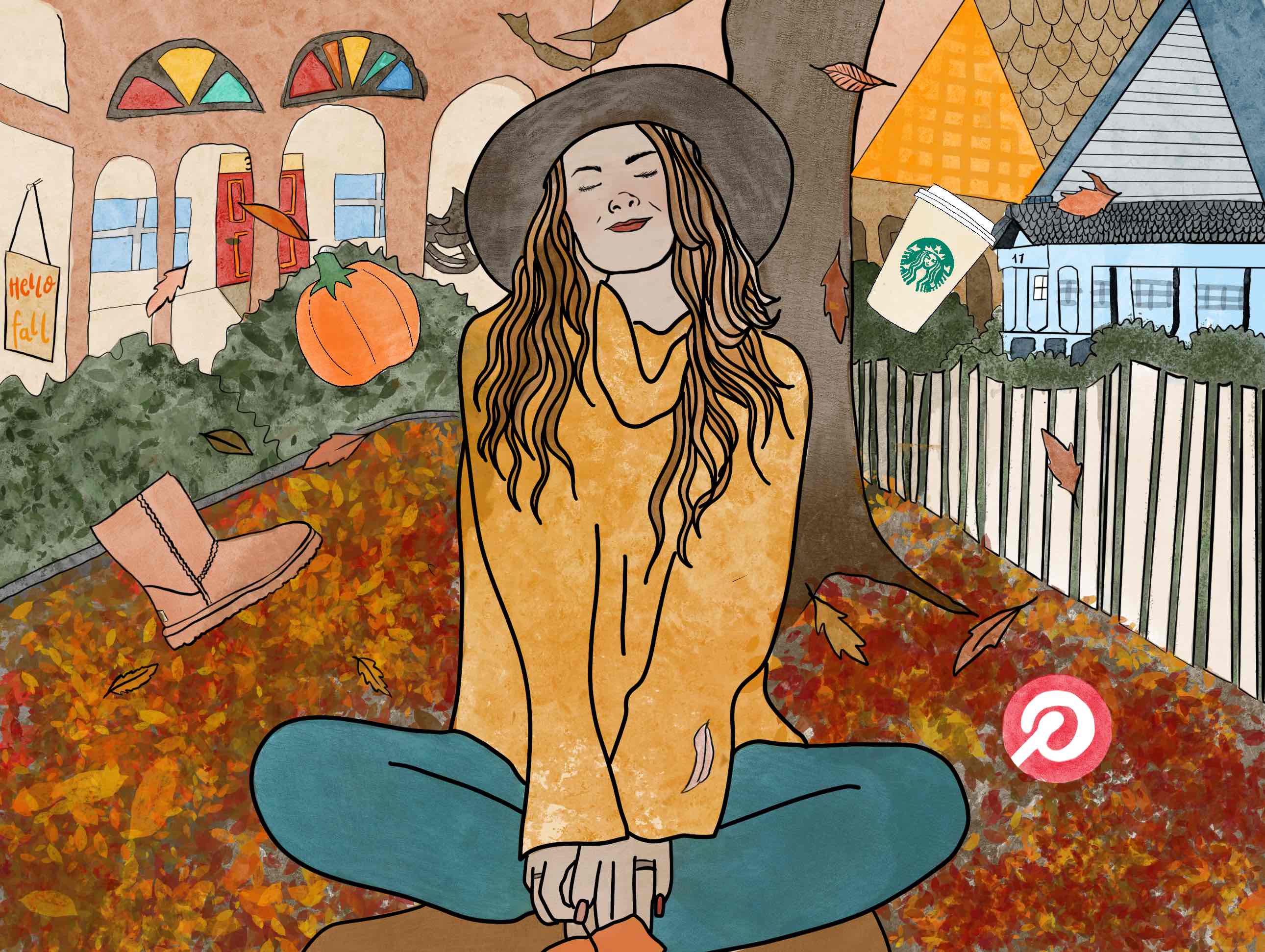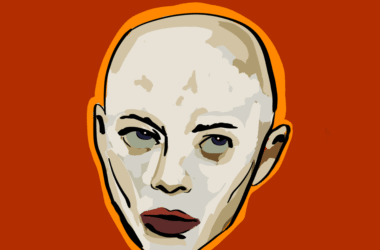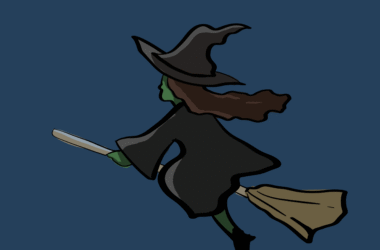In August 2019, Twitter user @bimbofication, real name Natasha, tweeted a now-iconic photo that garnered nearly 50,000 likes and a combined 20,000 retweets and quote tweets. The photo features two young white women wearing coordinated blue skinny jeans, brown ankle boots, and leather handbags. It is the kind of photo that immediately makes viewers assume that the two subjects just left their weekly brunch and are on their way to get pumpkin spice lattes at Starbucks.
“Hot Girl Summer is coming to an end, get ready for Christan Girl Autumn,” Natasha wrote in the caption.
As far as viral tweets go, Natasha’s is not particularly noteworthy; its engagement numbers are on the lower end of the viral tweet spectrum and there are plenty of similar jokes poking fun at harmless stereotypes on Twitter. However, Natasha’s tweet presents a fascinating snapshot of an online cultural moment wherein social discourse, pervasive misogyny, and meme culture all intersect.
The women in Natasha’s tweet are Caitlin Covington and Emily Gemma, two lifestyle bloggers from North Carolina and Oklahoma, respectively. While the viral tweet did boost engagement on Covington and Gemma’s social media accounts, it also triggered a landslide of replies on Twitter in which users expressed their assumptions about the bloggers’ stances on a variety of social issues, particularly 2SLGBTQIA+ rights.
“The first girl[’s] face says ‘conversion therapy[’ and] it scares me,” Twitter user @NFRnSEXORCISM wrote in a reply.
This reply is just one of many that encapsulates the cultural crossroads that Natasha’s tweet occupies. Things typically enjoyed by women and femmes, especially young girls, have long been mocked and used as punchlines. From Twilight to One Direction to Starbucks, trending media enjoyed primarily by young women are often immediately derided as being lowbrow trash. This is not to say that there are no problems with any of these things; Starbucks is a massive corporation that has been linked to gentrification, and Twilight is a case study in romanticizing unhealthy relationships. Yet, the criticism around them is often instead targeted towards the audience of young girls, rather than the nuanced structural issues of these topics at hand.
The replies to Natasha’s tweet highlight this nuance in criticizing traits that have been coded feminine, especially online. Many of the replies poke fun at Covington and Gemma’s supposed stances on legitimate current social issues as white women, including racism and homophobia.
Recently, the ignorance of many cisgender white women has also become a common joke on the internet, with terms like “Karen” being brought into the mainstream. The subjects being mocked in these jokes are usually bigotry, ignorance, and unacknowledged privilege, rather than femininity. Being mean to someone because they are racist is obviously not the same as being outwardly misogynistic to women enjoying innocuous things. The replies to Natasha’s tweet, however, have revealed a bizarre conflation between a “basic” aesthetic, and how systems of oppression become internalized in our everyday interactions. The premise of many jokes in the replies was that racism or homophobia share an aesthetic with the women in the photo, and it is difficult to tell whether the punchline is Covington and Gemma’s ankle boots, or the beliefs that Twitter users assumed they hold.
It can be difficult to dissect all of the cultural subtleties that exist in a 280-character tweet. Covington and Gemma have both responded to Natasha’s tweet with good humour and have since been in contact with her. Covington shared and donated to Natasha’s GoFundMe for her gender affirming surgery and replied to tweets to confirm that she does support 2SLGBTQIA+ rights as well as the Black Lives Matter movement.
Social media platforms simultaneously offer current news and fuel for escapism through humour and memes, so every joke or throwaway comment becomes multi-layered and meta-referential. In this online era, it has become increasingly important to be conscious of unintentional biases, while also not taking everything too seriously and remembering to appreciate the joy of a fall colour palette.







